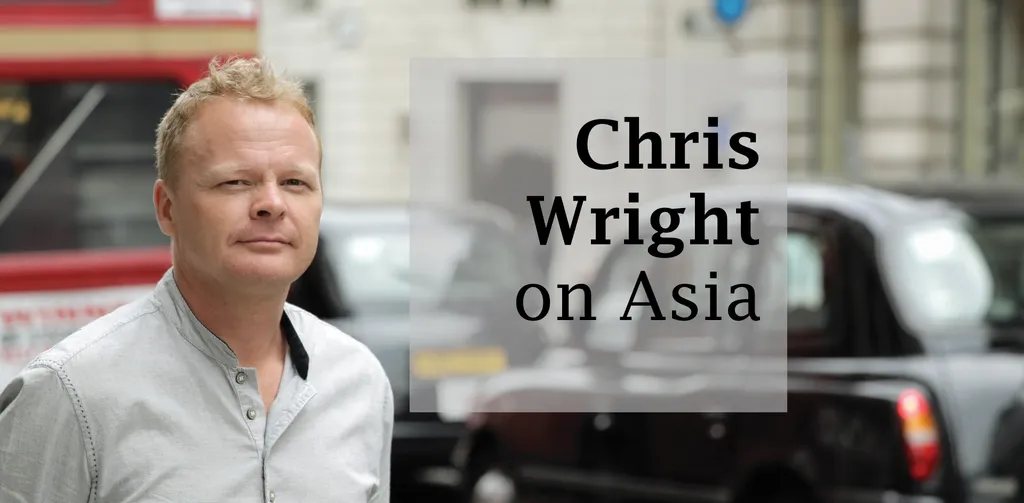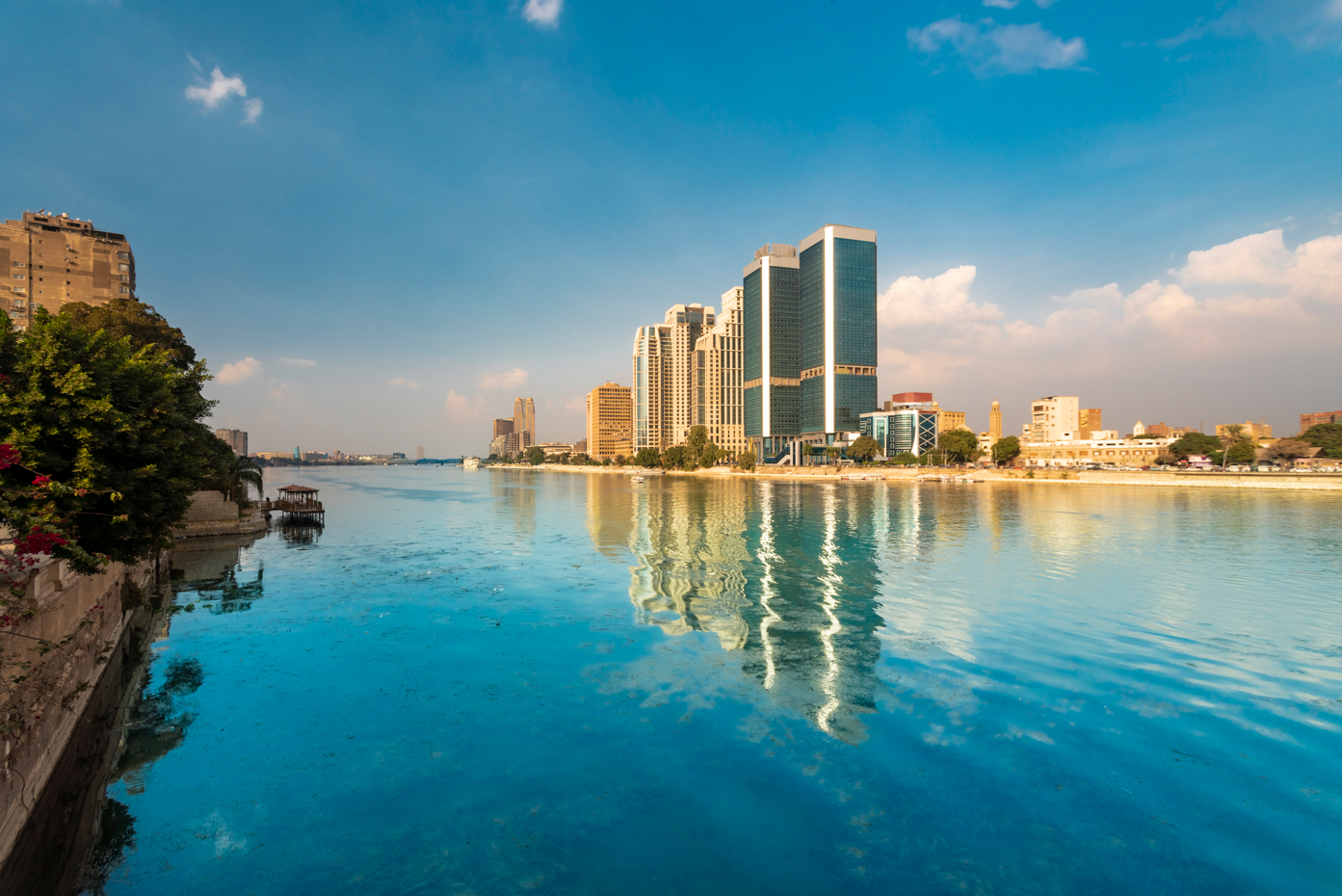
One of the stranger elements of the Wirecard scandal has been the involvement – or, apparently, lack of involvement – of the Philippines in handling much of the troubled payment processor’s disputed funds.
It’s tempting to think that this is damaging for the reputation of the Philippines and its financial services industry. And it might be. But it’s also possible it may prove the country’s systems to be more resilient than they have been given credit for.
Access intelligence that drives action
To unlock this research, enter your email to log in or enquire about access




